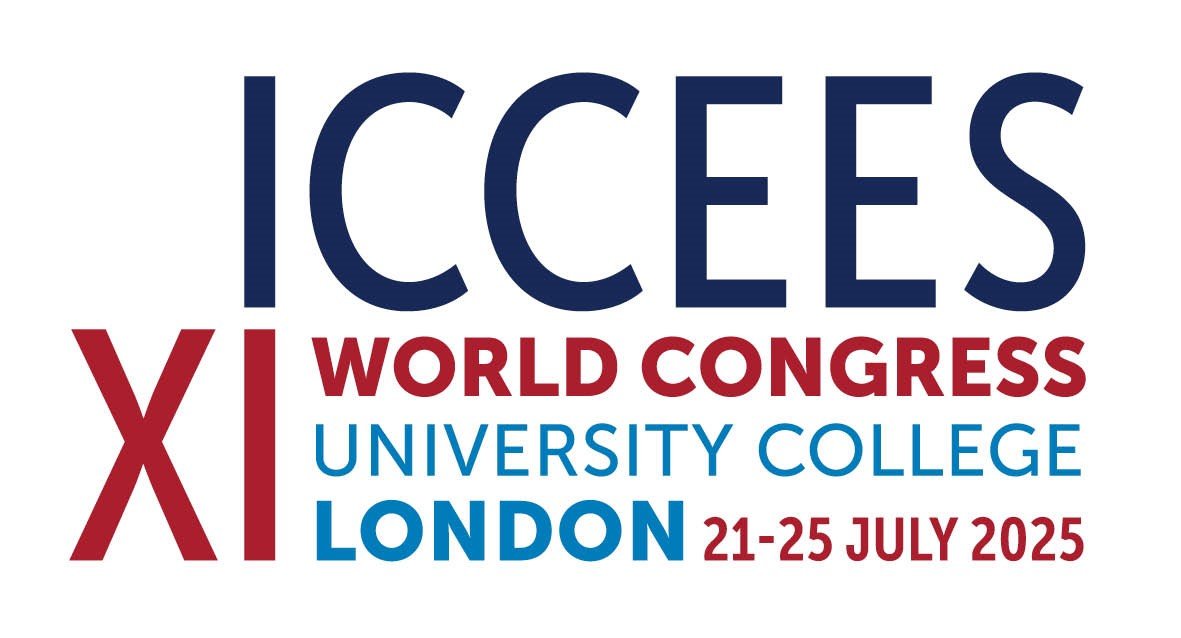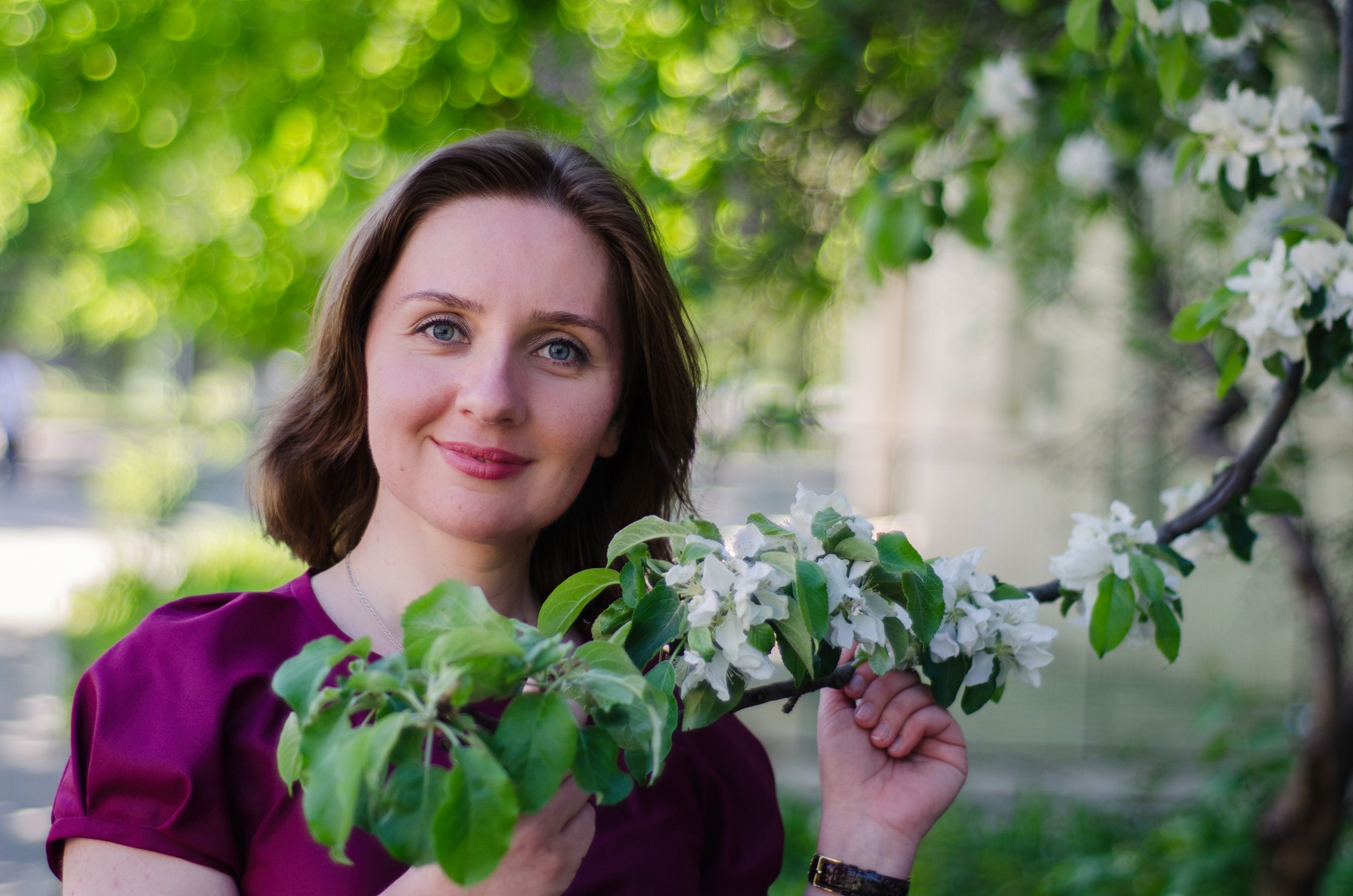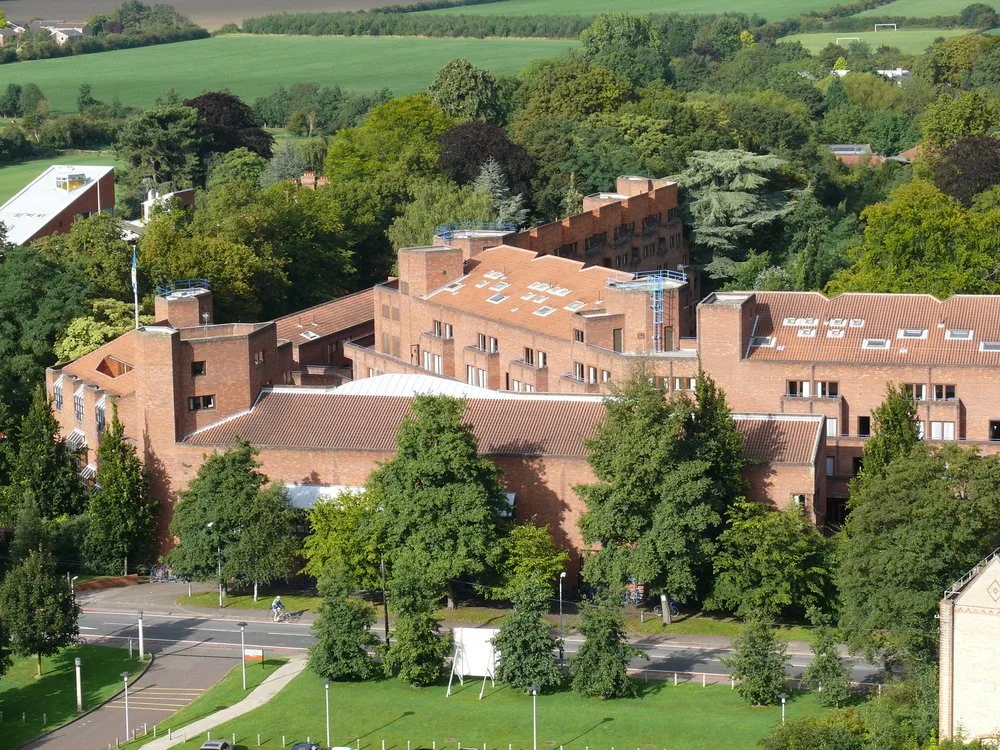
BASEES 2026 Annual Conference, University of Birmingham, 10-12 April 2026
BASEES 2026 Annual Conference, University of Birmingham, 10-12 April 2026
The British Association for Slavonic and East European Studies (BASEES) invites proposals for panels, roundtables, and papers for its 2026 annual conference. BASEES 2026 is being held in-person from the 10-12 April at University of Birmingham, United Kingdom. The conference will also welcome remote attendees. The 2024 conference in Cambridge welcomed 700 delegates from over 45 countries around the world.
The deadline for paper and panel/roundtable proposals is Friday, 3 October 2025. BASEES welcomes paper, panel, and roundtable proposals with an area-specific focus as well as positioned within disciplinary and interdisciplinary frameworks. These disciplines and areas include, but are not limited to: Politics; History; Sociology; Geography; Film and Media; Languages and Linguistics; Literatures and Cultures; Anthropology; Economics; Baltic Studies; Polish Studies; Ukrainian Studies. We particularly encourage proposals that help push forward efforts to decentre and decolonise the study of the region.
The conference especially welcomes the participation of postgraduate research students and early career scholars.
The conference organisers also welcome proposals for thematic colloquiums that can be held as part of the conference. If you would like to propose a colloquium, please email the conference organiser at academic.organisers@basees.org
Remote attendance:
We are welcoming remote paper presentations. If you wish to attend remotely, please indicate so when submitting your proposal. However, we cannot accept fully remote panels. The Chair of a panel, who can also be one of the presenters, must attend the conference in- person to lead the session and facilitate the discussion. We are operating a limited hybrid model. Delegates registering for remote attendance will be able to present their paper via Zoom and listen into all paper/panels. Full hybrid, i.e. using multidirectional camera and microphone equipment, will only be available in a limited number of rooms.
The submission platform will open on 1 August 2025









































